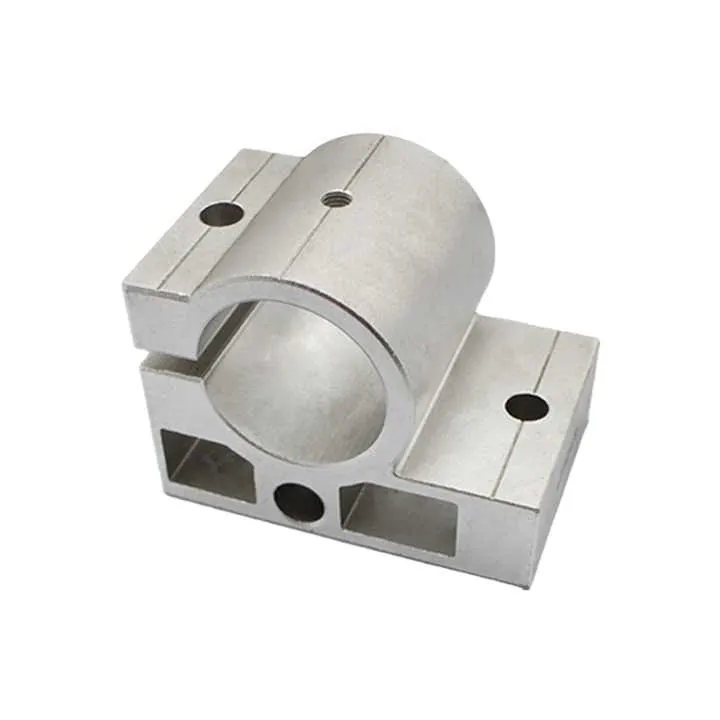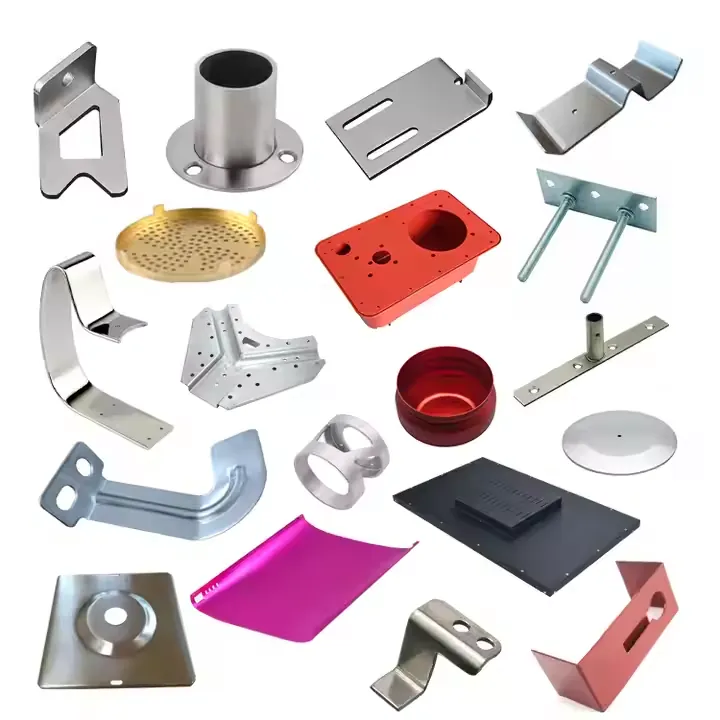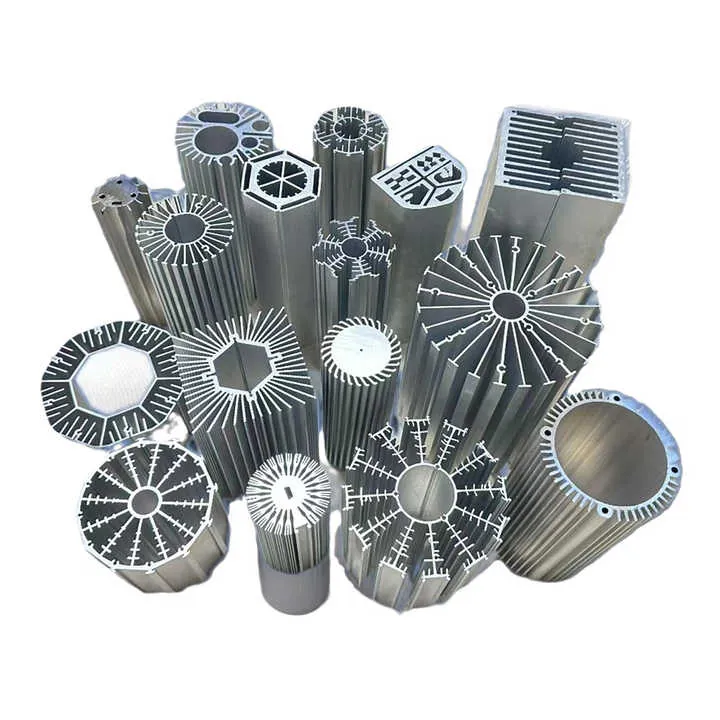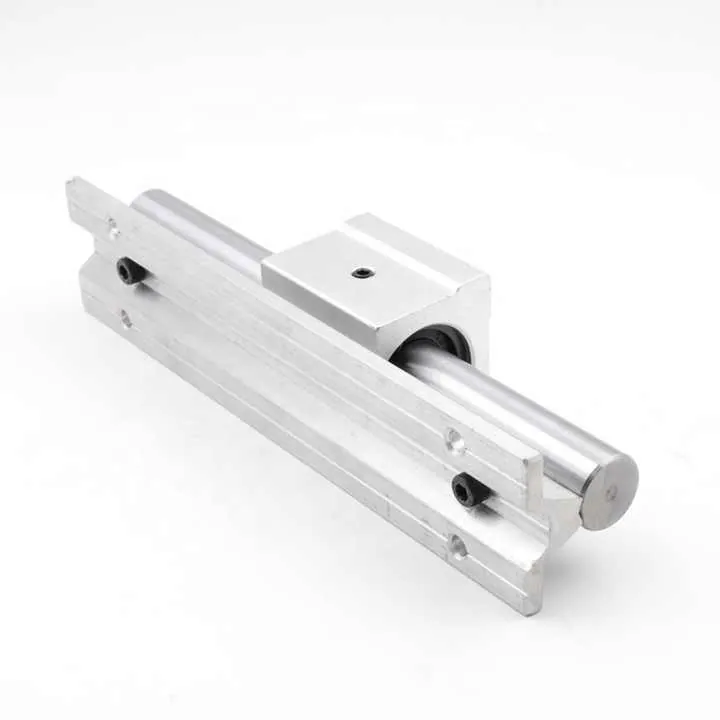CNC Machining Spain: Manufacturers & Industry Guide

Part 1: Market Size and Growth
CNC machining in Spain has become a key part of its industrial backbone. I noticed how factories across Basque Country, Catalonia, and Madrid now use advanced machining to serve aerospace, automotive, and energy markets. The push for automation and precision makes CNC machining one of Spain’s fastest evolving fields.

Spain’s CNC machining market is large and expanding. Many companies supply parts for Airbus aircraft, wind turbines, and electric vehicles. Exports play a big role because Spanish manufacturers often deliver to Germany, France, and the U.S.. This creates strong opportunities for companies with the right certifications.
Regional policies and investments fuel this growth. Basque Country has strong industrial clusters, while Catalonia promotes advanced manufacturing programs. Government incentives support innovation, digitalization, and Industry 4.0 projects, helping Spanish firms compete at the European level.
Part 2: Leading Companies
Danobat Group
Danobat Group, founded in 1954 in Elgoibar, Basque Country, is a leading manufacturer of machine tools and CNC machining solutions.

The company provides CNC grinding, turning, and milling systems. Its machines are widely used in railway, aerospace, and oil industries. Danobat focuses on automation and custom solutions that improve efficiency.
It mainly serves transportation, aerospace, and heavy industry. Its technical strength lies in integrating robotics and smart software. The company holds ISO 9001 and ISO 14001 certifications.
Mecaner
Mecaner, also based in Basque Country, started in 1987 and has become a specialist in precision machining for aerospace.

The company produces high-tolerance parts for aircraft structures and engine components. Its expertise lies in CNC milling, turning, and assembly of medium to large parts. It works closely with Airbus and other global OEMs.
Mecaner serves aerospace, defense, and energy industries. Its technical highlights include advanced inspection systems and 5-axis machining. The company has EN9100 certification, required for aerospace suppliers.
Industrias Puigjaner (IBARMIA)
Industrias Puigjaner, also known as IBARMIA, is located in Azkoitia and was founded in 1953. It is known for its CNC machining centers and milling machines.

The company designs and builds CNC equipment that supports aerospace, energy, and automotive sectors. Its machines include moving column and multi-tasking machining centers. IBARMIA is recognized for its innovation in flexibility and automation.
It serves aerospace, automotive, and renewable energy industries. Its certifications include CE marking and ISO 9001, which ensure compliance with international standards.
| Company | Founded | Core Products | Industries | Certifications |
|---|---|---|---|---|
| Danobat Group | 1954 | CNC grinding, milling, automation | Aerospace, Railway, Oil | ISO 9001, ISO 14001 |
| Mecaner | 1987 | CNC milling, turning, assembly | Aerospace, Defense, Energy | EN9100 |
| IBARMIA | 1953 | CNC machining centers, milling | Aerospace, Automotive, Energy | ISO 9001 |
Part 3: Trade Shows and Industry Events
BIEMH (Bienal Española de Máquina-Herramienta)
BIEMH is Spain’s largest machine tool exhibition, held in Bilbao. It brings together CNC machining, robotics, and additive manufacturing companies.

The event features live demonstrations of CNC machines, automation systems, and digital tools. I remember walking the halls and seeing Spanish manufacturers showing their innovation to a global audience. It is a key meeting point for suppliers and buyers.
MetalMadrid
MetalMadrid is a major event in Spain focused on industrial innovation and machining. It takes place annually in Madrid.

The show highlights CNC machining, sheet metal, and robotics. It attracts engineers, buyers, and industry leaders. Many Spanish CNC companies use this event to connect with European partners and showcase their latest technology.
| Event | Date | Location | Highlights |
|---|---|---|---|
| BIEMH | Biennial | Bilbao | CNC machining, automation, live demos |
| MetalMadrid | Annual | Madrid | CNC, sheet metal, robotics |
Part 4: Impact of Global Trade Policies
Global trade policies shape Spain’s CNC machining industry. Tariffs on steel and aluminum increase raw material costs. Companies respond by diversifying suppliers and investing in local production.

Supply chain risks push Spanish firms to source locally when possible. Aerospace and defense industries demand high-quality parts that must meet strict certifications. This gives Spanish companies an edge over low-cost competitors.
International competition is strong, but Spain benefits from its place in the European Union. EU trade agreements open access to global markets, while strong regulations keep quality standards high.
Part 5: Conclusion
CNC machining in Spain has bright prospects. Aerospace, automotive, and renewable energy sectors provide long-term demand. Spanish companies are known for precision, certifications, and high-quality exports, which secure their role in the global supply chain.
Challenges remain, such as rising material costs and global competition. Firms that invest in automation, Industry 4.0, and flexible solutions will lead, while those that fail to innovate may lose ground.
Recommended Reading:
CNC Machining Usa
CNC Machining Services Malaysia
CNC Machining France
CNC Machining France
CNC Machining Russia
CNC Machining Uk
CNC Machining Brazil
CNC Machining Canada
CNC Machining France
CNC Machining Russia
CNC Machining France
CNC Machining Russia




